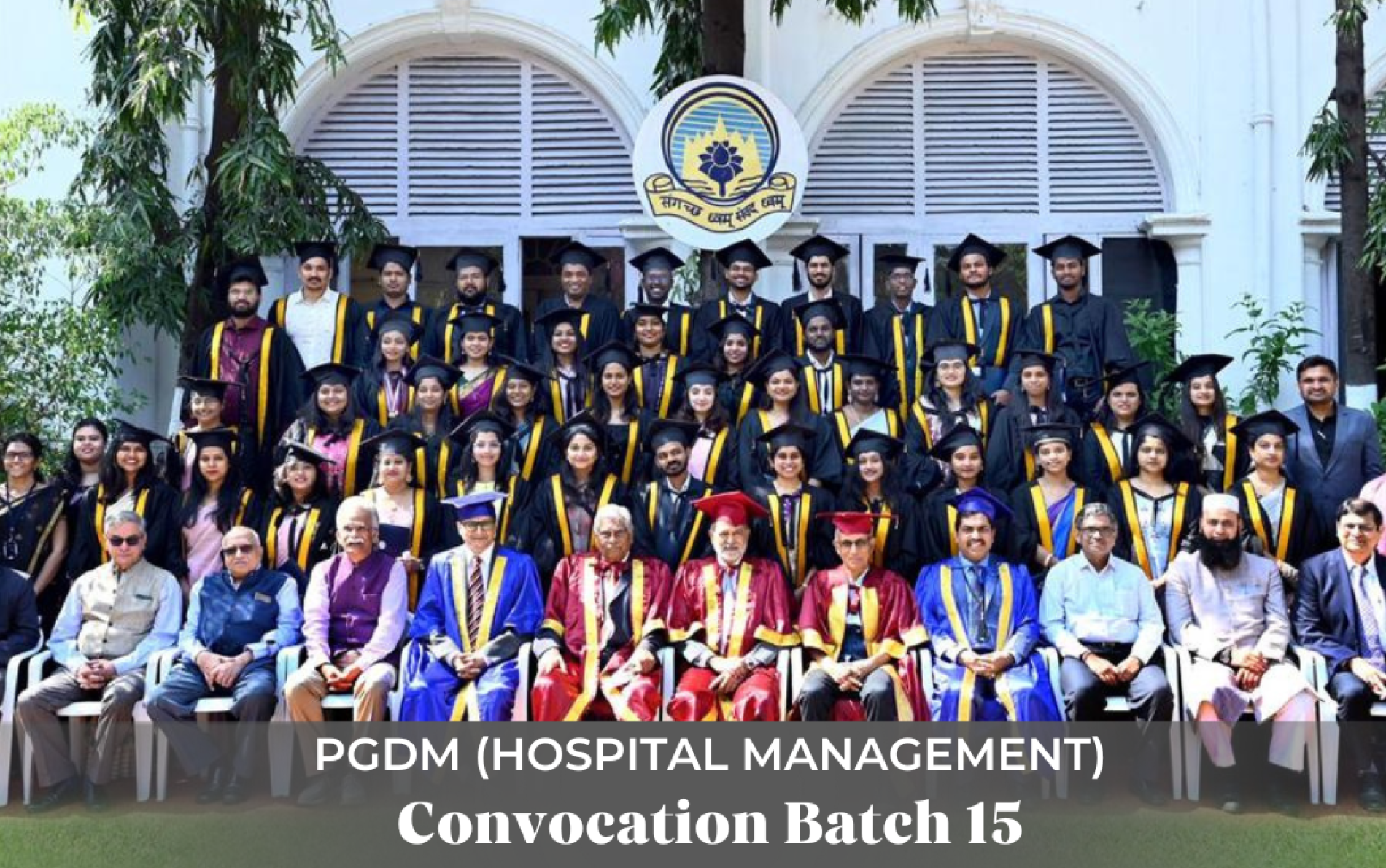Enhanced Focus on Customer Relationships: Adapting to the ‘Untact’ Era

Maintaining healthy relationships with consumers is paramount for companies, necessitating a strategy that promptly and effectively addresses complaints, even at additional costs. Long-term relationships are crucial for growth in competitive markets, leading companies to prioritize consumer happiness. This commitment to customer satisfaction is not exclusive to large corporations; even small roadside vendors share the same mindset, differing only in the scale of their offerings. This focus on consumer happiness is fuelled by hope, driving companies of all sizes to prioritize customer satisfaction, possibly influenced by statistical data.
'Untact services', referring to contactless or remote interactions, are increasingly prevalent in daily life (Lee & Lee, 2020). Examples include ordering food from franchise restaurants through digital platforms, conducting financial transactions via e-banking apps without visiting a physical bank branch, and using online or mobile order systems for various products and services. The concept has gained prominence, particularly during the COVID-19 pandemic, as people seek to minimize physical contact and prioritize safety. These services offer convenience and align with the growing preference for digital solutions.
Relationships have become increasingly important in every sphere of life, shaping our personal, professional, and social interactions. In the workplace, fostering positive relationships with colleagues and supervisors can lead to increased job satisfaction, collaboration, and career advancement opportunities. Similarly, in education, building strong relationships with teachers and peers can enhance learning experiences and academic performance. In business, maintaining strong relationships with customers is essential for brand loyalty, repeat business, and positive word-of-mouth referrals. The digital age also raises questions about customer engagement and whether customers are adequately engaged with their brands. In healthcare, the relationship between patients and healthcare providers plays a critical role in ensuring effective treatment and overall well-being. Even in our personal lives, relationships with family, friends, and romantic partners are fundamental to our happiness and emotional well-being. These examples highlight the pervasive influence of relationships in shaping our experiences and the importance of nurturing them in every aspect of life.
Coming back to companies again, companies treat their consumers more as customers than guests, as guests are expected to behave well without complaint, while customers often demand and voice complaints. In both emerging and mature markets within a growing economy, many companies prioritize relationship marketing and consumer happiness. This is because consumers in these markets tend to exhibit regret (when they misuse a company’s plan) and loyalty, fostering long-term relationships.
The time when companies adopt this ‘relationship’ approach—whether during the introduction, growth, maturity, or decline stage—depends on their specific situation and strategic plan. Over the past four years of growth, many companies have invested in Customer Relationship Management (CRM) and Consumer Happiness (CH) to build long-term loyalty.
Research indicates that increasing customer satisfaction can lead to a significant boost in sales and revenue, ranging from 25% to 95%. However, building a successful strategy requires extensive research, as even small mistakes in understanding customer expectations can result in financial losses and damage to the brand image. Before implementing strategies such as refunds, cashbacks, or replacements, understanding consumer buying patterns and past behavior is crucial for companies to make informed decisions. Building deep trust among the company's staff is essential, as it can become a valuable source of the company's reputation. Furthermore, various strategies such as advertising, public relations, and marketing campaigns play a significant role in influencing customer behavior.
Now, managing customer relationships presents challenges due to increasing customer expectations for quality and personalized experiences, the complexity of managing large volumes of customer data while ensuring privacy, and the need to adapt to digital transformation and omnichannel engagement. Additionally, businesses must navigate intense competition, changing consumer behavior, and the difficulty of measuring ROI on customer relationship efforts. Overcoming these challenges requires a proactive approach, leveraging technology, data analytics, and customer-centric strategies to build and maintain strong, long-lasting customer relationships.
Untact services offer convenience and align with the growing preference for digital solutions. Scholars have found that organizing customer relationship management and knowledge management with a technology focus significantly impacts customer satisfaction (Bay, 2024).
In the era of 'untact,' where physical interaction with customers is limited, excelling in maintaining strong customer relationships requires businesses to adapt and innovate. Prioritizing personalized communication allows companies to connect with customers on a more individual level, addressing their specific needs and concerns. Interactive online platforms provide a way for customers to engage with the brand, fostering a sense of connection and involvement. Hosting virtual events allows companies to interact with customers in a meaningful way, providing valuable information and experiences. Efficient customer service through digital channels is essential in the untact era, as it allows businesses to address customer queries and issues promptly and effectively. Digital loyalty programs can help incentivize repeat business and reward loyal customers, further strengthening the relationship. Transparency in business practices builds trust with customers, showing them that their interests are valued and respected. All these lead to enhanced relationship with the customer even from far. Continuous innovation is key to staying ahead in the untact era, as businesses need to constantly evolve and adapt to meet changing customer needs and expectations. By prioritizing these strategies, businesses can excel in maintaining strong customer relationships in the era of 'untact.'
These strategies can enhance relationship management efforts, fostering long-lasting connections with customers. The rise of ‘untact’ services reflects a broader shift towards digitalization and contactless interactions in daily life, accelerated by the COVID-19 pandemic. Adapting to changing consumer behaviors and preferences is crucial. Businesses that prioritize technology-driven customer relationship management and knowledge management can enhance customer satisfaction. Embracing personalized communication, digital platforms, and innovative solutions helps companies navigate the challenges of the untact era while building lasting customer relationships. As we continue to embrace digital transformation, effective relationship management in a contactless world will be key to future success.
References-
- Khan, R. U., Salamzadeh, Y., Iqbal, Q., & Yang, S. (2022). The impact of customer relationship management and company reputation on customer loyalty: The mediating role of customer satisfaction. Journal of Relationship Marketing, 21(1), 1-26.
- Lee, S. M., & Lee, D. (2020). “Untact”: a new customer service strategy in the digital age. Service Business, 14(1), 1-22.
- Bay, N., & Ghanbarpour Nosrati, A. (2024). The study effect of Customer Relationship Management on customer’s behavioral outcomes in Sports and Youth offices of Golestan province. Sport Management Journal, 9(3), 441-457.
 Call Now 9121011411 / 7337344497
Call Now 9121011411 / 7337344497 Email Now admissions.pgdm@asci.org.in
Email Now admissions.pgdm@asci.org.in






0 comments